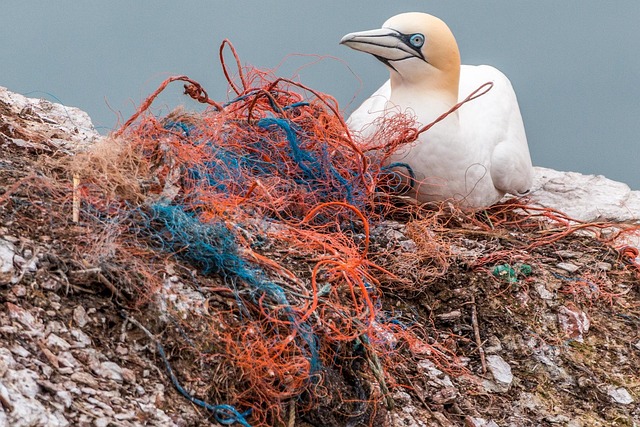Climate Crisis How Plastic Pollution is Destroying our Oceans

The Growing Threat of Plastic Pollution
Plastic pollution has become one of the most pressing environmental issues of our time, with devastating consequences for our oceans and marine life. Every year, millions of tonnes of plastic waste end up in the world’s oceans, where it poses a serious threat to marine ecosystems.
The Impact on Marine Life
The effects of plastic pollution on marine life are staggering. Countless sea turtles, whales, dolphins, and other marine animals are injured or killed by plastic waste every year. Turtles mistake plastic bags for jellyfish and eat them, leading to blockages in their digestive systems. Whales and dolphins can become entangled in fishing nets and other debris, often resulting in serious injuries or death.

The Role of Microplastics
Microplastics, tiny pieces of plastic less than 5mm in size, are a particularly insidious form of plastic pollution. These microscopic particles can be ingested by marine organisms at the bottom of the food chain, such as zooplankton, and work their way up to larger predators, including fish and even humans. The long-term health effects of microplastic ingestion are still not fully understood, but studies have shown that they can cause inflammation and other health issues in marine animals.

The Ocean as a Dumping Ground
One of the main reasons why plastic pollution is such a problem in our oceans is because they are often used as a convenient dumping ground for waste. Significant amounts of plastic waste are dumped directly into the ocean or end up there through rivers and other waterways. This irresponsible disposal of plastic waste is contributing to the massive accumulation of plastic in our oceans.

The Need for Action
The good news is that governments, NGOs, and businesses around the world are starting to take action to address the plastic pollution crisis. Many countries have implemented bans on single-use plastics, such as plastic bags and straws, and there is a growing awareness of the need to reduce plastic waste at the source. Recycling programs and clean-up initiatives are also helping to reduce the amount of plastic waste that ends up in the ocean.

Individual Responsibility
As consumers, we also play a crucial role in reducing plastic pollution. By making simple changes to our everyday habits, such as using reusable bags and water bottles, we can help reduce the demand for single-use plastics and prevent them from ending up in our oceans. Small actions can add up to make a big difference in the fight against plastic pollution.

Conclusion
The plastic pollution crisis is a global issue that requires urgent action from all sectors of society. By raising awareness, implementing policies to reduce plastic waste, and making changes to our own behavior, we can all play a part in protecting our oceans and marine life for future generations. It’s time to take a stand against plastic pollution before it’s too late.

